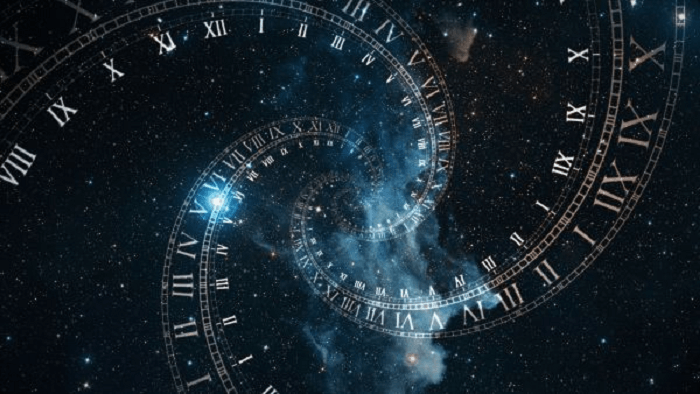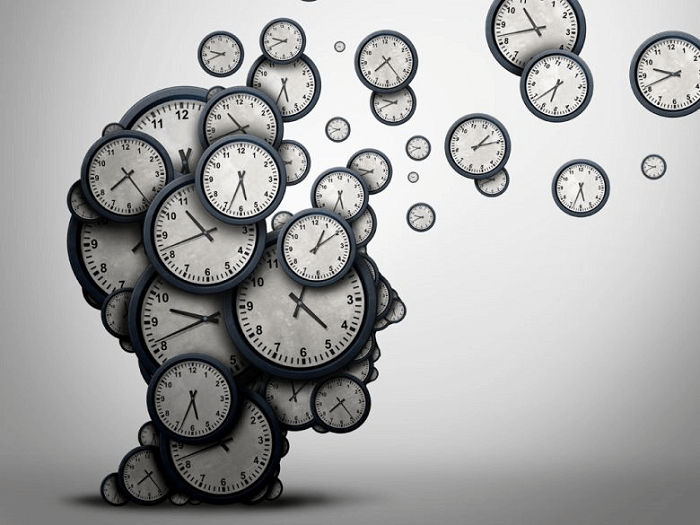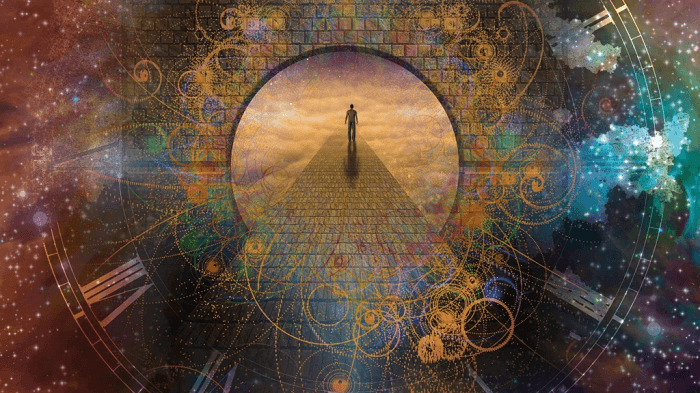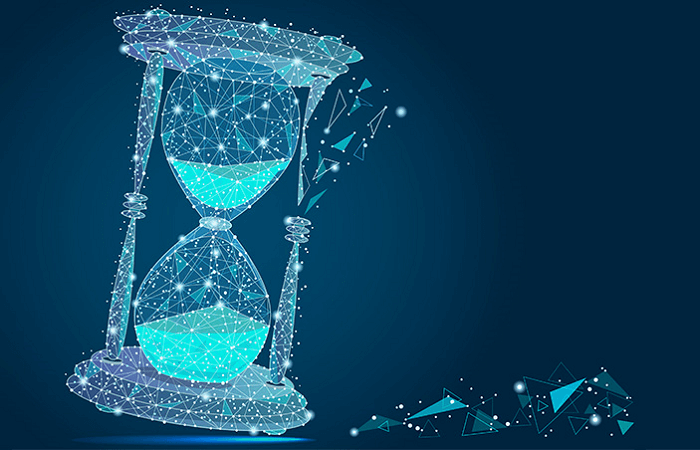Time DefinitionThe concept of time is one of the most fundamental aspects of life. It can be seen as both a friend and foe, but it is a necessary part of life that can never be ignored. Time is a valuable resource that most individuals must control and utilise carefully. Exploring its nature and how it impacts our lives is essential to understand why time is so important. Time is an elusive idea without any tangible attributes. 
It lacks any colour, size, or shape. It is only experienced through the passing of moments. It is also a measurement of the change and development of an event or activity. Time is a universal concept that people in all countries and cultures feel. It is an essential part of modern life, with many activities and tasks relying on it to be completed promptly. This is why it is important to understand the nature of time and how it affects our lives. Importance of Time In Our Life
How Was Time Invented?The origin of the concept of time is still being determined and is often debated. However, it is thought that time has been around since the dawn of human history. Ancient civilizations used various measuring methods, such as tracking the sun and moon or using water clocks. 
The development of clocks, such as the pendulum clock, in the 17th century further improved our ability to measure time. This led to the development of the modern clock and calendar, used to measure and organize time in the modern world. Research in Science about TimeThe concept of time is one of the most studied topics in Science. Researchers have studied time from various perspectives, such as psychology, physics, and philosophy. For example, psychologists have studied how people perceive and experience time, while physicists have studied its implications in the universe. Philosophers have explored time's implications on human existence. Researchers have been delving further into the holistic aspects of time in recent years. For instance, some researchers are exploring the possibility of using time to predict the future, while others are looking into the implications of time travel. Researchers are also examining how technology affects how we experience and perceive time. Time is a complex concept that has been studied for centuries and is still the subject of ongoing research. It plays a significant role in the human experience and has far-reaching effects. By learning more about it, we can comprehend it and how it influences our lives. Some Time Related Formulas in ScienceTime is an integral part of physics and mathematics, and several formulas relate to it. These formulas calculate time, distance, velocity, acceleration, and other related concepts.
These are just a few examples of the many equations related to time in physics and mathematics. By understanding and applying these equations, we can better understand time and its implications in the universe. 
Who Invented Clocks, and What is the History of Clocks?The first known mechanical clock was invented by the Chinese in 725 AD. A water-powered clock used a water flow to control a rotating wheel. This wheel was used to keep track of time and was the basis for the modern clock. A monk named Richard of Wallingford invented the first mechanical clock in Europe in the 13th century. It was a large clock powered by weights and the most accurate clock. In the 16th century, the first pendulum clocks were invented. These clocks were more accurate than any other timekeeping device and revolutionized the world of timekeeping. In the 18th century, the first mechanical pocket watch was invented. It was a small, portable clock that could be carried in a pocket. In the 19th century, the first quartz clocks were invented. These clocks were powered by electricity and used quartz crystals to keep time. The modern clock is an electronic device that is powered by a battery. It is the most accurate and reliable timekeeping device available today. Dose e=mc^2 have any Relationship with Time?The equation e=mc^2 is a famous equation formulated by Albert Einstein in 1905. It describes the relationship between mass (m), energy (e), and the speed of light (c). It states that energy (e) is equal to mass (m) multiplied by the speed of light (c) squared. Time does not directly appear in this equation. However, the equation is often used to explain certain aspects of time. For example, the equation explains the concept of time dilation, which is the idea that time passes more slowly for objects moving at speeds close to that of light. This is because of the energy of an object. Increases as its speed increases, according to the equation e=mc^2. Therefore, time is indirectly related to the equation e=mc^2, as it is used to explain Time dilation. 
Some Facts About Time
Next TopicWork-Definition
|
 For Videos Join Our Youtube Channel: Join Now
For Videos Join Our Youtube Channel: Join Now
Feedback
- Send your Feedback to [email protected]
Help Others, Please Share










